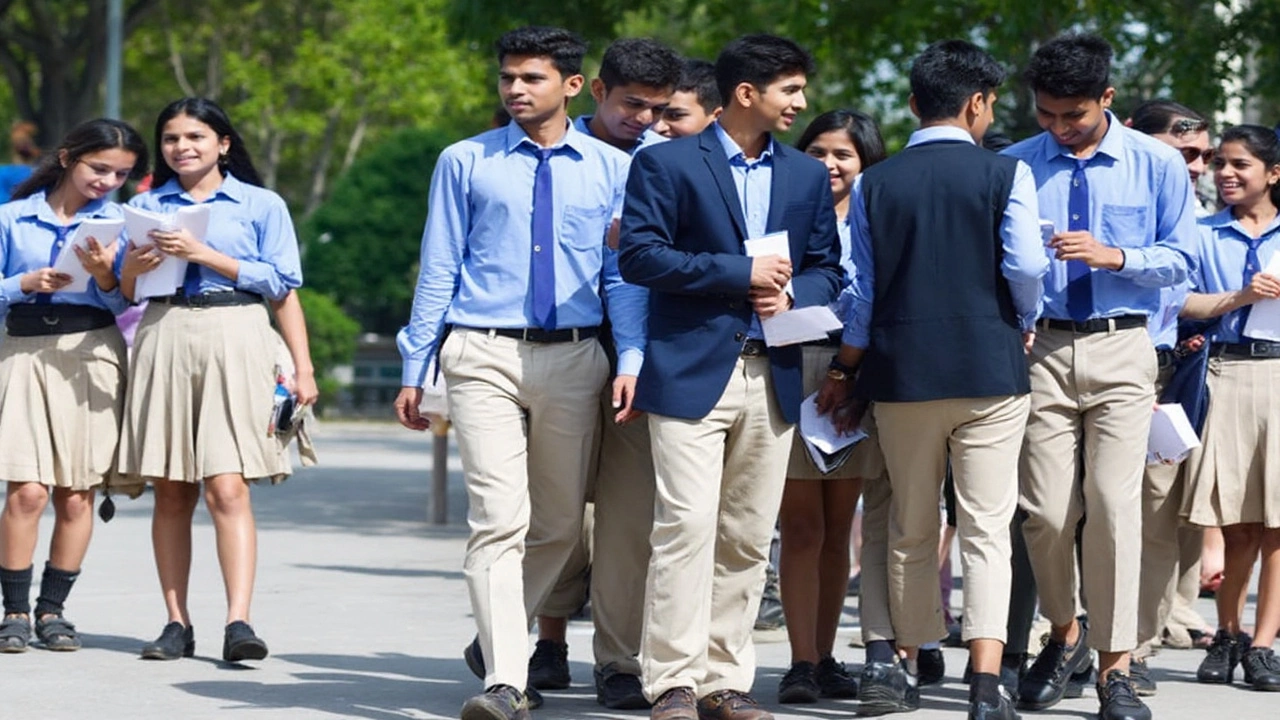
Why CBSE is Turning Up the Focus on Green Learning
Last week the Central Board of Secondary Education (CBSE) rolled out an intensive in‑house training at GJPS Bokaro. The goal? Give teachers the tools to teach environmental education in a way that sticks. With climate concerns climbing the national agenda, CBSE has been updating its syllabus to include more hands‑on sustainability projects, local ecosystem studies, and climate‑action discussions.
What Happened at GJPS Bokaro
About 35 teachers from primary and secondary sections gathered in the school auditorium for a full‑day workshop. The schedule mixed short presentations with interactive sessions:
- Opening remarks from the CBSE regional coordinator outlining policy changes.
- A walkthrough of the new NCERT environmental education modules, highlighting cross‑subject links.
- Practical demonstrations on creating school gardens, rainwater harvesting models, and waste‑segregation drills.
- Group work where teachers drafted lesson plans that tie local Bokaro industry issues to climate concepts.
- Feedback round‑table on challenges teachers face in rural‑urban settings.
Participants left with resource kits – ready‑made worksheets, poster templates, and a list of online platforms for tracking student projects. Many voiced excitement about launching green clubs and setting up a school‑wide tree‑planting day within the next month.
The training also emphasized assessment. CBSE introduced a rubric that rewards project‑based learning, community outreach, and reflective journaling, moving away from pure rote testing. This shift is expected to encourage students to think locally and act globally.
Overall, the GJPS Bokaro session reflects a larger CBSE drive to embed sustainability into everyday classroom practice. As schools across the country adopt these methods, the hope is that a new generation of environmentally aware citizens will emerge.
Leave a comments